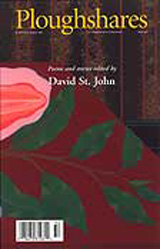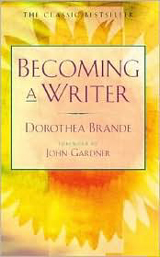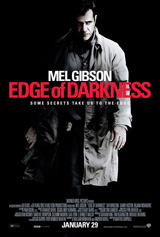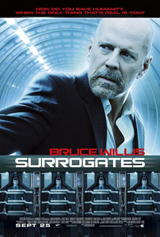Last semester, my graduate alma mater hosted a panel discussion on arts criticism. The timing was apt, as I had just started to review films again for a new outlet. Until recently, with opportunities shrinking (for paid gigs, anyway), I had resigned myself to the reality that I may not write about film anymore. I had been seeing fewer movies, and watching those I did see as a fan, not a critic. “Critics Talk Shop: Writing Books, Music, Food, Film, and Why It Matters” served as a refresher course in the form—how and why I review.
These are important questions. With Facebook, Twitter, and, well, WordPress, anyone can write and publish their thoughts on anything—and do. Although I enjoy writing about film for its own sake, the way it engages me with the material, I have to ask myself what I’m adding to the conversation.
“There are too many critics and not enough people to read them,” said Kenneth Turan, film critic for the Los Angeles Times and National Public Radio. “Become a critic if someone wants to read what you write.”
After my last outlet folded, yet another victim of these tough economic times, I could have launched a blog and kept writing about film. But why? Who would want to read what I write? The backing of a publication, a corporation, a brand name lends credibility. So does a paycheck, however small.
But there’s more to it than that, argued Richard Schickel in an op-ed piece in the Los Angeles Times going on three years ago, around the time that the major papers started cutting back on book reviewing:
Criticism—and its humble cousin, reviewing—is not a democratic activity. It is, or should be, an elite enterprise, ideally undertaken by individuals who bring something to the party beyond their hasty, instinctive opinions of a book (or any other cultural object). It is work that requires disciplined taste, historical and theoretical knowledge and a fairly deep sense of the author’s (or filmmaker’s or painter’s) entire body of work, among other qualities.
Although Schickel’s admitted elitism rubs me the wrong way—I find the proliferation of the written word online liberating rather than threatening—I ripped the page out of the paper and it’s pinned, yellowing, to the corkboard in my office, a constant reminder that I have to “bring something to the party.”
To figure out what that was, I started to take note of what other writers I read and why. I can go see a movie and decide whether I like it or not for myself. In fact, while a rave review of a film I hadn’t considered watching might talk me into seeing it, a pan rarely will talk me out of it.
What I do appreciate is learning something new. That might be background information on the making of the film, a review of the filmmaker’s oeuvre, or the historical context of the movie’s setting. It might be thematic or technical insight. Whatever it is, it broadens my view of the film and, therefore, of the world.
Ever since I made this analysis, this is how I’ve approached my own film criticism: more than giving a movie thumbs up or thumbs down, I aim to impart some knowledge or insight to the reader—or, if that’s too lofty, to myself. What that requires, though, is research.
What sets the professional critic apart, said David Ulin, book editor of the Los Angeles Times, is that he or she reads the book on which the film being reviewed is based or reads a number of works by the author whose book is being reviewed “to understand the milieu of it.”
“When immersed in consuming, you do get a sophisticated palate,” added music critic Evelyn McDonnell. “You can eat/read/listen to what the general public can’t understand. The best part of job is to champion someone and explain why he or she is important.”
Turan agrees that imparting that wisdom is “one of the real pleasures of the job. … I can send people to a film. If I like something, anybody can like it. It’s my job to make the film accessible.”
So I watch previous titles in the director’s filmography. I read the book on which the film is based. It’s a lot of work. Too much work, often, for what I’m being paid. But if I’m a professional writer, if I’m going to convey some kind of authority in the field, I have to earn it—by building on my film studies degree, by watching 250 films a year, by reading about film, and by writing about it.
That’s the other part of the equation: the writing.
“In criticism, the writing is as important,” said Jonathan Gold, the Pulitzer Prize-winning food critic at the LA Weekly, “taking the work in question and using that as a jumping-off point” to create your own work.
It’s easy to fall back on formula when writing a review, particularly a film review, especially when you’re on deadline, churning out two or three or four a week. There isn’t enough time to watch all the films you should or read all the books you should. But if I’m going to write something that someone wants to read, bring something to the party, contribute to the conversation, I have to at least make the effort.







